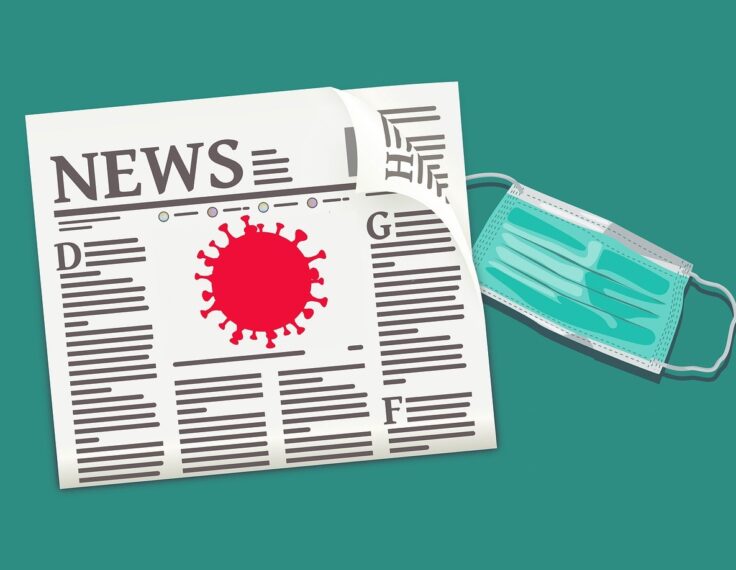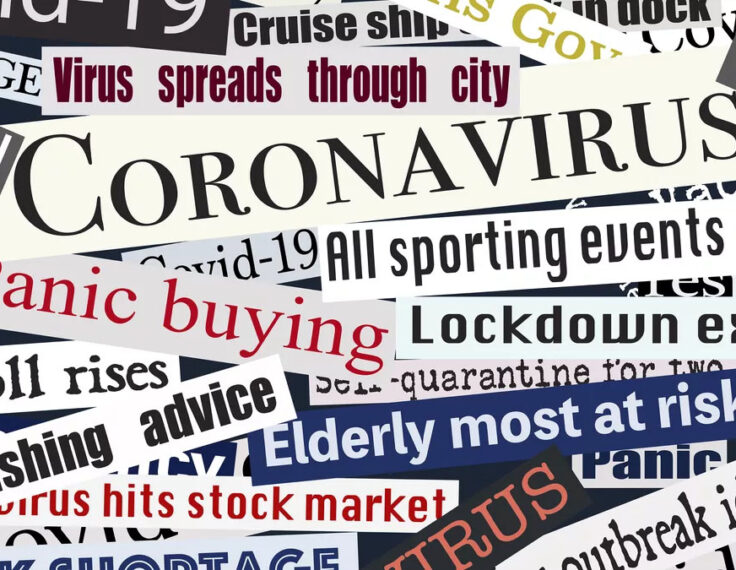
“Fact-checking” fact checkers: A data-driven approach
Sian Lee, Aiping Xiong, Haeseung Seo and Dongwon Lee
This study examined four fact checkers (Snopes, PolitiFact, Logically, and the Australian Associated Press FactCheck) using a data-driven approach. First, we scraped 22,349 fact-checking articles from Snopes and PolitiFact and compared their results and agreement on verdicts. Generally, the two fact checkers agreed with each other, with only one conflicting verdict among 749 matching claims after adjusting minor rating differences.

Misinformation reloaded? Fears about the impact of generative AI on misinformation are overblown
Felix M. Simon, Sacha Altay and Hugo Mercier
Many observers of the current explosion of generative AI worry about its impact on our information environment, with concerns being raised about the increased quantity, quality, and personalization of misinformation. We assess these arguments with evidence from communication studies, cognitive science, and political science.

Exploring partisans’ biased and unreliable media consumption and their misinformed health-related beliefs
Natasha Strydhorst, Javier Morales-Riech and Asheley R. Landrum
This study explores U.S. adults’ media consumption—in terms of the average bias and reliability of the media outlets participants report referencing—and the extent to which those participants hold inaccurate beliefs about COVID-19 and vaccination. Notably, we used a novel means of capturing the (left-right) bias and reliability of audiences’ media consumption, leveraging the Ad Fontes Media ratings of 129 news sources along each dimension.

A focus shift in the evaluation of misinformation interventions
Li Qian Tay, Stephan Lewandowsky, Mark J. Hurlstone, Tim Kurz and Ullrich K. H. Ecker
The proliferation of misinformation has prompted significant research efforts, leading to the development of a wide range of interventions. There is, however, insufficient guidance on how to evaluate these interventions. Here, we argue that researchers should consider not just the interventions’ primary effectiveness but also ancillary outcomes and implementation challenges.

Assessing misinformation recall and accuracy perceptions: Evidence from the COVID-19 pandemic
Sarah E. Kreps and Douglas L. Kriner
Misinformation is ubiquitous; however, the extent and heterogeneity in public uptake of it remains a matter of debate. We address these questions by exploring Americans’ ability to recall prominent misinformation during the COVID-19 pandemic and the factors associated with accuracy perceptions of these claims.
